From September 1, the marking of children’s toys and building materials will be mandatory
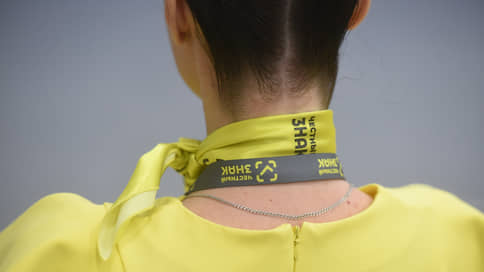
Three months later, a set of a number of products starts in Russia – from children’s toys to sweets, tea and coffee, from building materials to sports nutrition, razors and replaceable blades for them. The new system should significantly minimize falsified products in the market and bring additional funds to the budget. Now 27 commodity groups are necessarily marked. This has already brought the state an additional fiscal effect in the amount of 1.2 trillion rubles, noted at the Center for Development of Promising Technologies, the Gossible Operator of the Marking “Honest Sign”.
The Government of the Russian Federation on May 31 announced a package of decisions that introduce compulsory marking from September 1 of this year children’s toys, sweets And building materials. In addition, from June 1 to August 31, sports nutrition, tea, coffee, soluble drinks, razors and replaceable blades for them are marked in the experiment mode, and the procedure for these groups of goods will become mandatory on September 1.
The start of the marking of these goods is obvious. In one case, it is a sensitive product for consumers, such as with children’s toys, in the other, serious control is required for a long time, as in the case of building materials, sweets and sports nutrition, they explain in the center for the development of promising technologies (CRPT), the Gossystem of the Marking “Honest Sign”.
“In the market, there are often products for children made of poor -quality raw materials, which bears risks for their health. Moreover, children’s goods are included in the five categories of goods by which the largest amount of counterfeit is fixed ” – as the president of the Association of the Association of Industry of Children’s Products Antonin Tsitsulin explains the need to introduce toys. According to her, today over 14 thousand industry companies, including importers, connected to the Honest Sign system.
The need for labeling for building materials is caused by a large fraud share in this segment, to 22.1%, according to the Soyuz -chain association.
Digital marking will affect, for example, cement in a package of up to 50 kg. According to the estimates of the Executive Director of Soyuz -cement, Daria Martynkina, the volume of such products is 8.5 million tons, or 13% of the total cement market, and the companies will have to march 200 million cement bags annually.
From October 1, 2023, biologically active additives (dietary supplements) are necessarily marked in Russia. And since then, according to the executive director of the Union of Dietary Bannies to the food of Alexander Zhere, « we see that some manufacturers of dietary supplements began to transfer their products into the category of sports nutrition, which has not yet been marked. » The introduction of a mandatory marking of such nutrition will eliminate the violations and track the quality and composition of the product, he believes, adding that doping ingredients are often “risky for consumers” in such products.
More than 779 thousand participants
Registered in the Family Sign Market system, according to the Central Department Store.
There are problems with the falsifications of tea, coffee and soluble drinks, since raw materials are imported from India, China and other countries where product quality control than in Russia, the head of the National Union of Consumer Protection Protection Pavel Shapkin. So, according to him, no one checks the level of pesticides in Indian tea.
Among the methods of falsification, re -sorting is common, when instead of one variety of tea they can be poured completely different, Mr. Shapkin explains.
According to him, there are frequent cases when chicory is mixed with coffee or when a cheap robust is given out for a more expensive arabica, mixing varieties. Pavel Shapkin notes that without a full marking, it is extremely difficult to track the movement of counterfeiting in the country.
Tea and coffee are one of the most popular products among Russian consumers. According to the Nielsen analytical company, by April, sales of hot drinks as a whole in cash in retail increased by 11%of the year, specifically fried coffee – by 23.5%, cocoa – by 18.5%, soluble coffee – by 11.6%, tea – by 3.2%. “For the tea and coffee industry, the problem of falsification or counterfeiting in the classical sense is irrelevant. These are single and extremely rare cases, ”said Ramaz Canturia, general director of the Roschaikof Association. According to him, the implementation of the marking system will require additional investments, including equipment purchases, and changes in production processes. This is evidenced by other “Kommersant” representatives of industry unions.
In the Central Department Store, in turn, they insist that marking not only increases the safety of products for consumers, but also brings additional funds to the state and legal business.
It reminds that now the mandatory marking is introduced in 27 commodity groups, for another 13 – pilot projects are being implemented. During the labeling on the market, 173 new vegetable oil manufacturers appeared, the water market expanded by 40.9%, and the falsification of dairy products decreased from 30%in 2022 to 0.01%, the Central Bank reported, adding that the marking system has already brought an additional fiscal effect by the amount of 1.2 trillion rubles, and the good -known business earned more than 687 billion rubles. By increasing the market share.

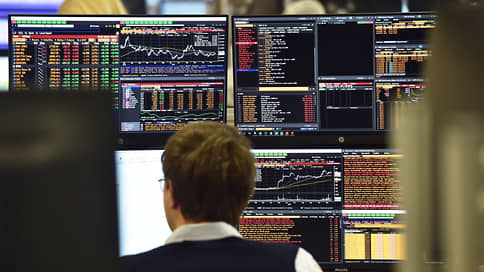
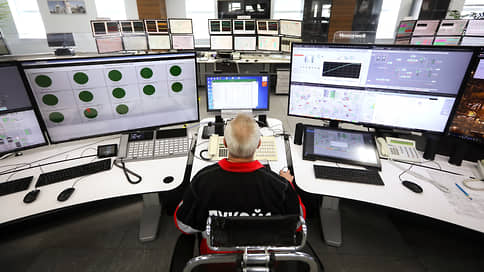
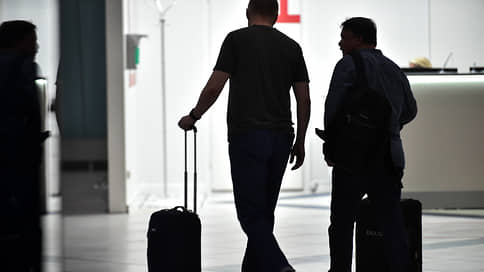


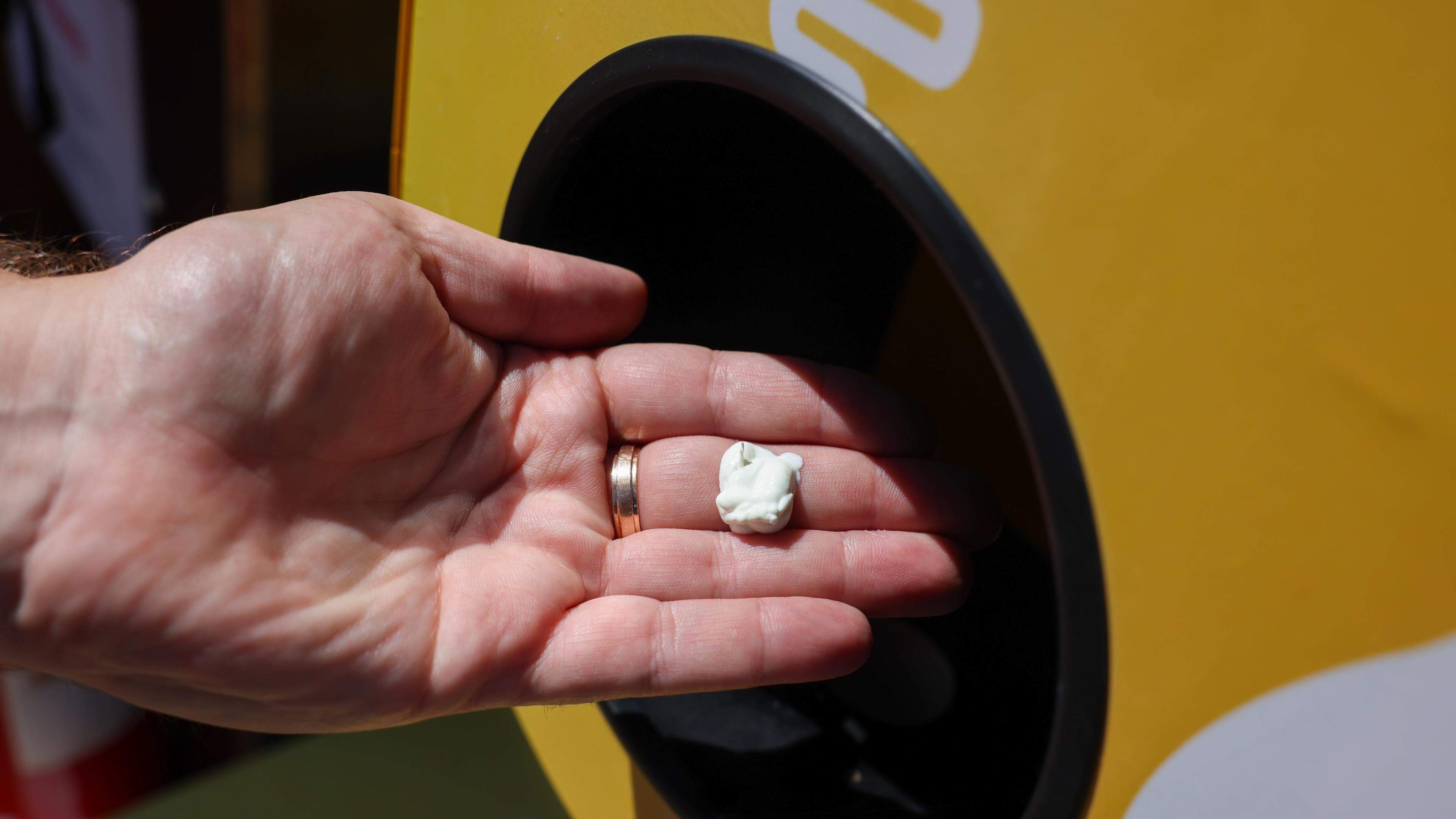
/s3/static.nrc.nl/images/gn4/stripped/data133165737-9d9eb7.jpg|https://images.nrc.nl/nmprwDfDR9n-SEZ9D1iRkcQss64=/1920x/filters:no_upscale()/s3/static.nrc.nl/images/gn4/stripped/data133165737-9d9eb7.jpg|https://images.nrc.nl/zTTkVqAhOYzyobsy8K5W9G-09eI=/5760x/filters:no_upscale()/s3/static.nrc.nl/images/gn4/stripped/data133165737-9d9eb7.jpg)
